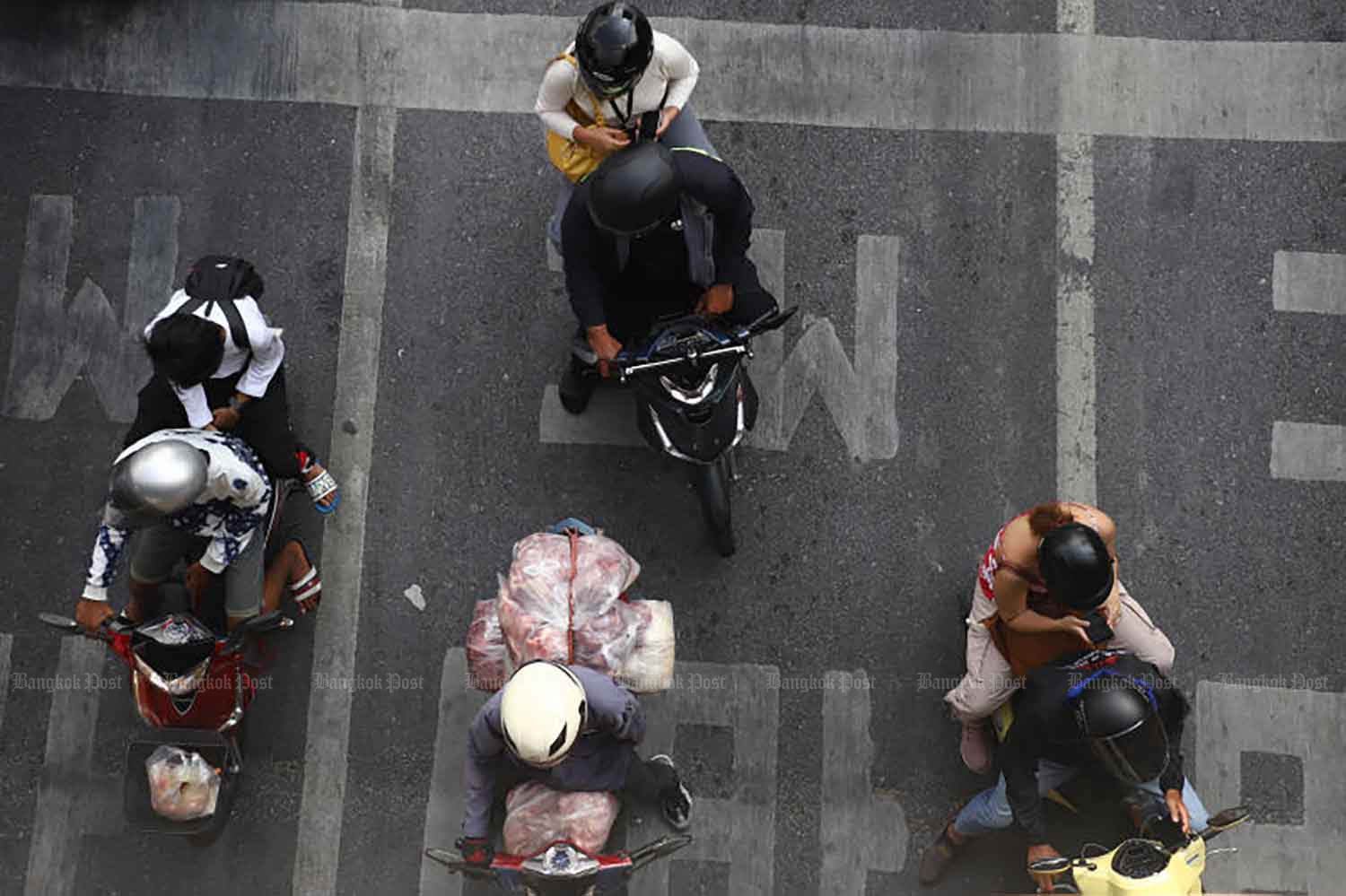Thailand’s Government Launches Nationwide Helmet Enforcement Campaign
The Thai government has officially launched a nationwide helmet enforcement campaign aimed at improving road safety, particularly for motorcyclists who account for a significant share of Thailand’s road fatalities. The measure is part of the "Safe Roads Project," which aims to promote discipline on the roads and reduce traffic-related injuries and deaths.
Background and Context
Thailand has long struggled with high rates of road accidents, with motorcyclists being among the most vulnerable groups. According to official statistics, motorcyclists account for a significant share of fatalities on Thai roads. The government has recognized the need for stricter enforcement of helmet laws to reduce the risk of head injuries in the event of an accident.
Key Provisions and Penalties
Under Section 122 of the Land Traffic Act, both riders and passengers must wear protective helmets to reduce the risk of head injuries in the event of an accident. Starting June 1, violators will face fines of up to 2,000 baht. Drivers who allow passengers to ride without a helmet will be subject to a double penalty.
Importance of Helmet Safety
The government emphasizes that wearing helmets is not just about personal safety but also about contributing to a safer road environment. By wearing helmets, motorcyclists can significantly reduce their risk of head injuries and fatalities in the event of an accident. The government encourages citizens to recognize the importance of road safety by wearing helmets and participating in safety awareness campaigns.
Public Awareness Campaign
To raise public awareness about the new helmet law, the government has launched a comprehensive campaign that includes educational materials, social media outreach, and community engagement activities. Authorities nationwide have been instructed to identify and monitor high-risk areas, including accident-prone roads and school zones, and to enforce traffic laws rigorously.
Implementation and Enforcement
The Safe Roads Project is being implemented by the Royal Thai Police’s Traffic Management Centre in collaboration with local authorities. The project focuses on promoting discipline on the roads and reducing traffic-related injuries and deaths. To ensure effective enforcement of the helmet law, authorities have been instructed to conduct regular checks and inspections to identify violators.
Impact and Expectations
The government expects the new helmet law to significantly reduce road fatalities and injuries in Thailand. By making helmets mandatory for both riders and passengers, the government aims to create a safer road environment and promote responsible behavior among motorcyclists. The success of the campaign will depend on public cooperation and compliance with the new law.
Conclusion
Thailand’s nationwide helmet enforcement campaign marks an important step towards improving road safety in the country. By making helmets mandatory for both riders and passengers, the government aims to reduce the risk of head injuries and fatalities among motorcyclists. With effective implementation and enforcement, the campaign has the potential to make a significant impact on reducing road accidents and promoting responsible behavior among motorcyclists.
As the campaign rolls out nationwide, citizens are urged to recognize the importance of road safety by wearing helmets and participating in safety awareness campaigns. By working together, Thailand can create a safer road environment and reduce the risk of road-related injuries and fatalities.

